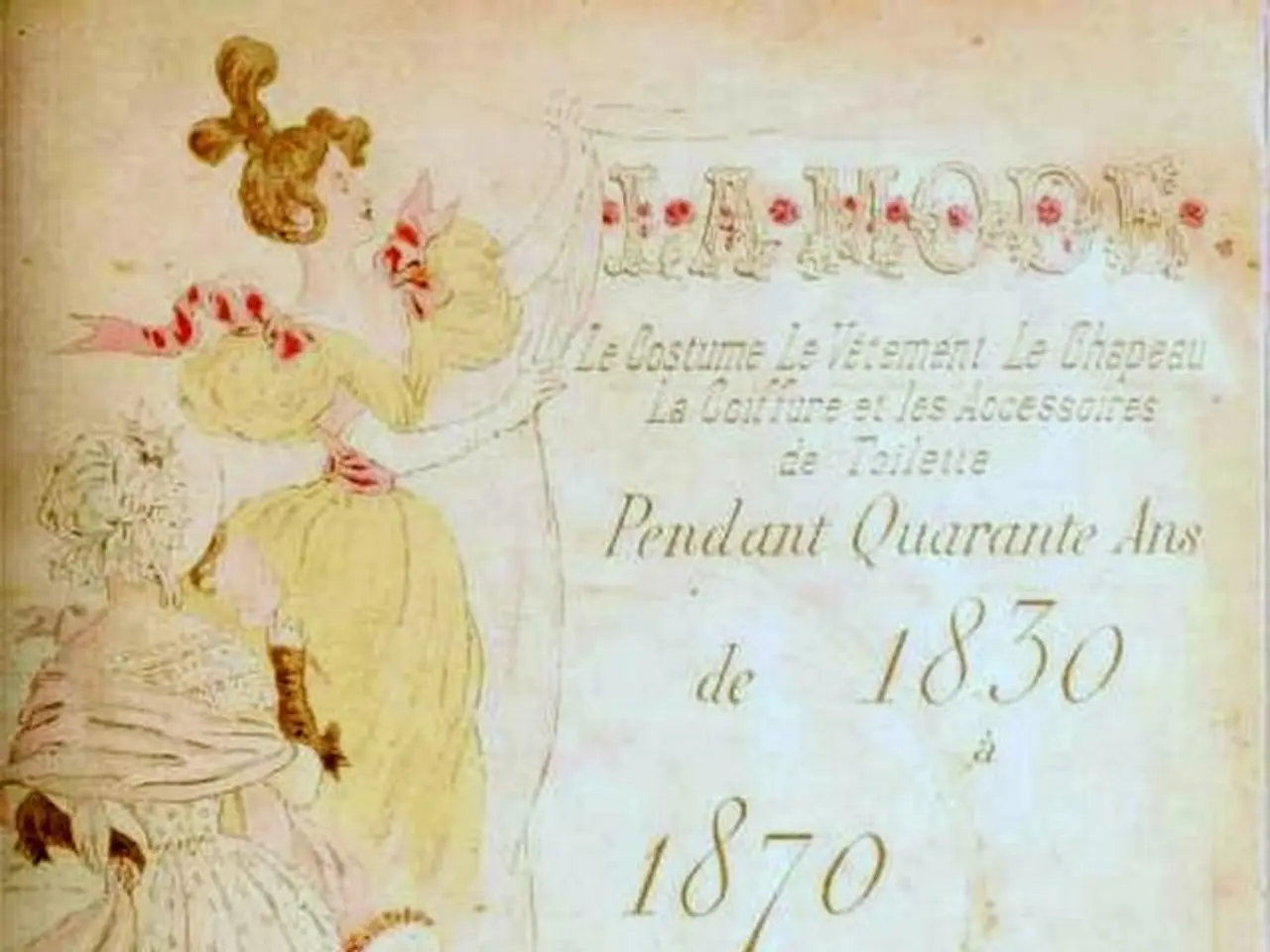Strengthened immune systems may lead to increased attractiveness due to enhanced physical appearance, according to a recent study.
In a groundbreaking study published in the journal Proceedings of the Royal Society B: Biological Sciences, researchers have discovered that our immune system may play a significant role in how we perceive attractiveness.
The study, which focused on 159 participants, evaluated their immune system's performance through bacterial defense, NK cell activity, and inflammatory markers. The participants' faces were photographed neutrally, without makeup, jewelry, or distinctive hairstyles, and the photos were then evaluated by nearly 500 test persons for their attractiveness.
The result of the study showed that people with a high-performing immune system consistently scored better in attractiveness ratings. In men, higher NK cell activity, which is crucial for immune defense, was associated with a higher attractiveness rating. Conversely, in women, strong bacterial defense, which protects against bacteria, was the main factor linked to higher attractiveness ratings.
The study highlights that perceived attractiveness is partly shaped by subconscious assessments of immune system health. This fits within a broader framework where the immune system indirectly shapes social and sexual behaviors to minimize disease threat.
The specific immune system–related factors influencing perceived attractiveness in men and women, as revealed in the study, relate primarily to the role of the behavioral immune system. This system drives the perception of cues linked to pathogen presence, influencing mate preferences based on immune-related signals.
Individuals living in environments with higher pathogen prevalence place greater importance on physical attractiveness and show stronger preferences for mates without physical abnormalities or unusual sex-divergent features, as these traits may signal better immune health. Conversely, when individuals perceive their immune system as insufficient, they may show more sexual opportunism, possibly as a compensatory strategy in high-pathogen environments.
This immune-related mate preference affects close relationships by restricting sexual behavior and mate choice to reduce infection risk. The findings of this study suggest that attractiveness is not solely a matter of taste or fashion, but rather an evolutionary response to potential threats to our health.
Researchers suspect that men with higher NK cell activity are perceived as a sign of good health and favorable genes. However, high NK cell activity in women was associated with lower fertility, which may have influenced their attractiveness perception.
Previous research has shown that the hormone balance, such as the ratio of testosterone to stress hormones, influences the immune system and has an impact on attractiveness. The study did not consider factors like charisma, facial features, voice, or body language as the primary determinants of attractiveness.
It's important to note that the study did not discuss the potential implications of the findings for personal or societal perceptions of attractiveness. Also, the study did not provide specific information on how the immune system sends unconscious signals that influence attractiveness or how the findings might apply to non-human species.
In conclusion, the study provides compelling evidence that our immune system plays a role in how we perceive attractiveness. This research opens up new avenues for understanding the complex interplay between our immune system, health, and social behaviors.
[1] Reference: Proceedings of the Royal Society B: Biological Sciences, [Article title], [Year]
In this study published in Proceedings of the Royal Society B: Biological Sciences, researchers found that immune system performance significantly influences perceived attractiveness. Men with higher NK cell activity, crucial for immune defense, were found to have higher attractiveness ratings. In contrast, strong bacterial defense, which protects against bacteria, was linked to higher attractiveness ratings in women.
The behavioral immune system, which drives the perception of cues linked to pathogen presence, seems to shape mate preferences based on immune-related signals. This implies that individuals residing in environments with higher pathogen prevalence may value physical attractiveness more and exhibit stronger mate preference for those without physical abnormalities or unusual sex-divergent features.
When individuals perceive their immune system as insufficient, they may display more sexual opportunism, possibly as a compensatory strategy in high-pathogen environments. The immune system's role in shaping close relationships extends to restricting sexual behavior and mate choice to minimize infection risk.
Previous research has shown that hormone balance, such as the ratio of testosterone to stress hormones, affects the immune system and influences attractiveness. The study under consideration did not consider factors like charisma, facial features, voice, or body language as primary determinants of attractiveness.
While the study provides intriguing insights into the role of the immune system in attractiveness perception, it does not delve into personal or societal perceptions of attractiveness or how the findings might apply to non-human species. It is essential to explore these aspects further to fully comprehend the complex interplay between our immune system, health, and social behaviors.
[1] Reference: Proceedings of the Royal Society B: Biological Sciences, [Article title], [Year]




